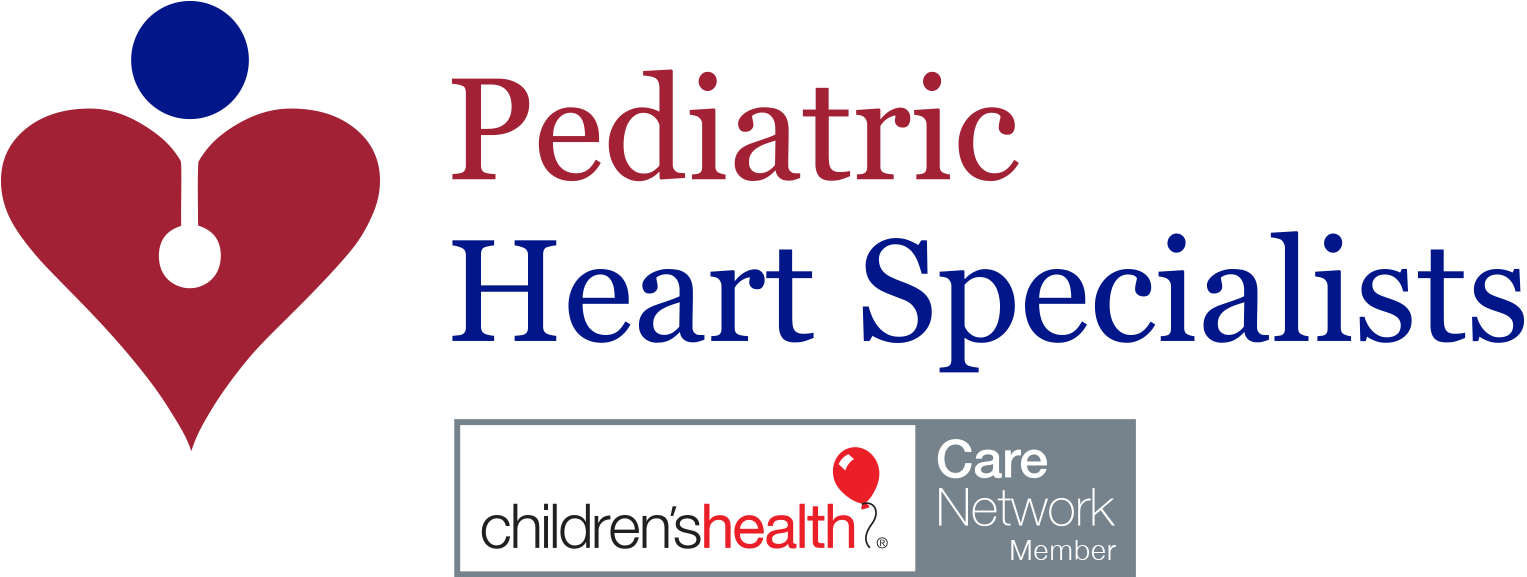It is quite an exciting time in the world of pediatric cardiology. There are very few areas of medicine (or even science, for that matter) that are evolving and advancing as fast as that relating to congenital heart disease. There are many families that are dealing with a recent or upcoming cardiac surgery with their young child. But what does the future hold for these children? Current and future advancements now clearly show that this future is bright indeed!
First, it is easy to look at the numbers. It is well known that heart defects are the most common birth defects. 40,000 children are born each year in the United States with some form of congenital heart disease. Today, there are an estimated 2-3 million children and adults living with congenital heart disease. In fact, an important milestone was reached in the year 2005 – for the first time in history, there were more adults living with congenital heart disease than children! Thanks to increases in survival, the number of adults with congenital heart disease increases by 5% annually.
Now, with 9 out of 10 children born with CHD surviving into adulthood, what issues will this individual face? With congenital heart defects ranging from simple to complex, this is clearly a variable answer. Individuals with CHD may need additional operation(s) and/or medications as adults. This is even true when they have had a successful repair. However, technology is evolving to perhaps make any future intervention as non-invasive as possible. One example relates to heart valve replacement. There is now the ability to replace a pulmonary or aortic valve via a trans-catheter approach, during a cardiac catheterization. This would then avoid the need for surgery, and so far, the results have been positive.
There are many other examples of exciting advancements within congenital heart disease. Overall, all children and adults with complex congenital heart defects should be followed regularly by cardiologists to help determine his/her need and/or eligibility for these procedures. The field of adult congenital heart disease, once non-existent, is now thriving and advancing. Stay tuned!
Amit Verma, MD
Posted by in .

